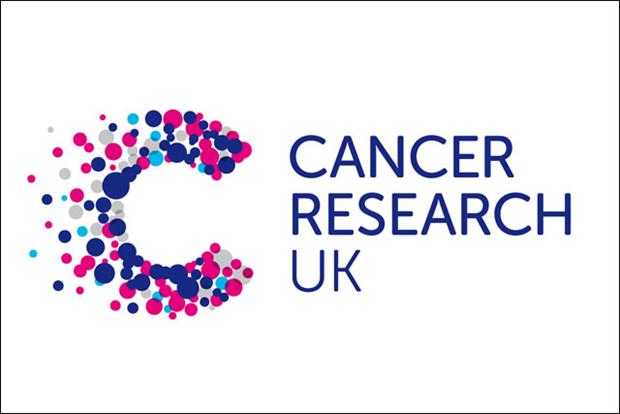Share this Page:
Approval of axitinib plus pembrolizumab and axitinib plus avelumab in the first-line treatment of metastatic renal cell carcinoma (RCC) by both the Food and Drug Administration (FDA) in America and the European Commission represent milestone events for the treatment of metastatic RCC in 2019.
Approval of the avelumab plus axitinib combination was based on the phase III JAVELIN Renal 101 trial, which compared avelumab plus axitinib (442 patients) with sunitinib (444 patients) as a first-line treatment in patients with previously untreated advanced clear cell RCC. Median progression-free survival (PFS) among patients with PD-L1–positive tumours was 13.8 months with avelumab plus axitinib versus 7.2 months with sunitinib, while overall survival data are still immature.
Approval of the pembrolizumab plus axitinib trial was based on the phase III KEYNOTE-426 trial, which compared the combination (432 patients) with sunitinib (429 patients) in the first line in patients with stage IV clear cell RCC. Median progression-free survival was 15.1 months in the pembrolizumab plus axitinib group and 11.1 months in the sunitinib group and objective response rate (ORR) was 59.3% for the combination and 35.7% for sunitinib.
The significance of these trials for the first-line treatment of metastatic RCC are:
- Both studies demonstrated a benefit of combining a checkpoint inhibitor with a VEGF-TKI over sunitinib, irrespective of the presence of PD-L1 receptors
- Both studies included patients with favourable, intermediate, and poor risk metastatic RCC, and could ultimately be the preferred option for patients with favourable risk RCC with nivolumab plus ipilimumab for intermediate- and poor-risk patients
- Regardless of risk status, these studies have established the combination of checkpoint inhibitor plus axitinib as new first-line standards in the treatment of untreated metastatic RCC, which should replace single-agent VEGF-TKIs in the first-line, barring any contraindications.
Researchers continue to search for caveats, such as toxicities, co-morbidities, complete response rates, survival benefits, cost of clinic visits and infusions etc. that might guide the selection of which treatment to use in first-line metastatic RCC. KEYNOTE-426 and JAVELIN Renal 101 are pivotal studies that have resulted in the approval of more effective treatments for patients with metastatic RCC, who are in constant need of more options and better outcomes.














